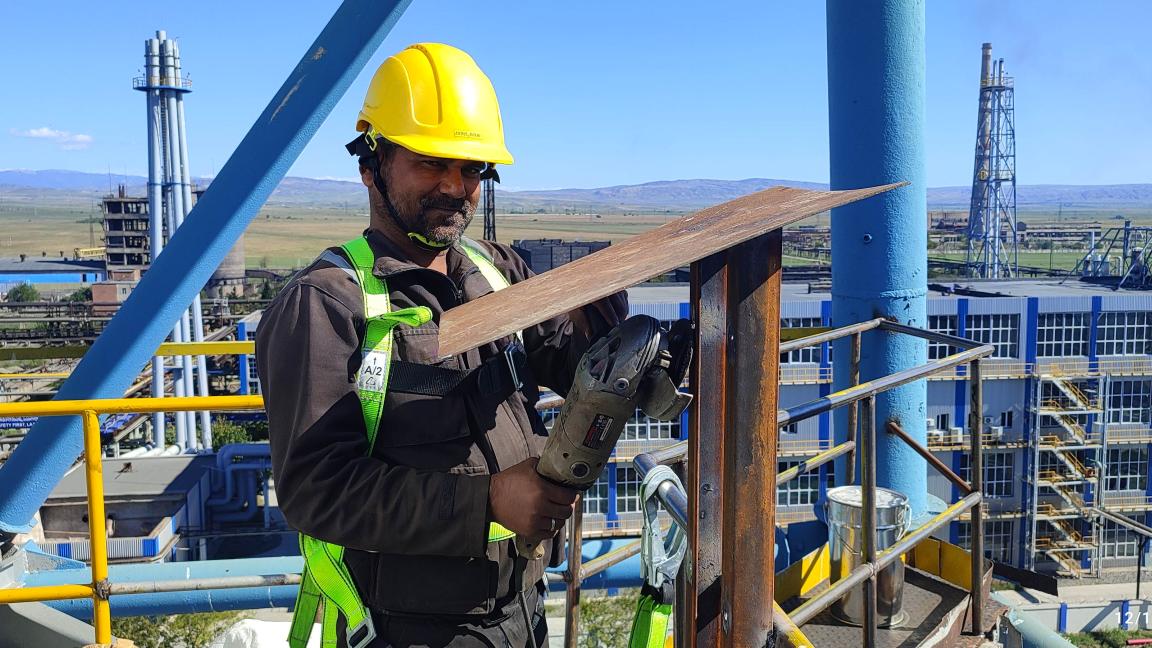The Deutsche Gesellschaft für Internationale Zusammenarbeit (GIZ) GmbH has been working in Tunisia since 1970. It has had an office in the capital, Tunis, since 1999.
Tunisia faces considerable social and economic challenges. The unemployment rate is high, important governmental structural reforms have yet to be implemented, and regional inequalities are weakening trust in the state and undermining social cohesion. In addition, climate change is threatening agriculture, food security and the incomes of many people, in particular due to increasing water scarcity.
The energy sector is also under strain. More than half the country’s energy needs are currently being met through imports. The expansion of renewable energy is progressing slowly, while subsidised energy prices, growing demand and outdated infrastructure are exacerbating social inequalities.
GIZ is working in Tunisia on behalf of the German Government and the European Union (EU). Together with its Tunisian partners, it is implementing around 40 projects at local level and supporting the country in its economic and social development. It focuses on Tunisia’s rural regions in the following priority areas:
- Sustainable economic development, training and employment
- Peaceful and inclusive societies
- Climate and energy, just transition
To stabilise the economy and create jobs, GIZ is supporting state institutions in designing a modern labour market policy. It strengthens small and medium-sized companies and start-ups by providing training courses, advice and better access to financing. At the same time, it advises civil society organisations on promoting economic participation. GIZ also advises the government on practice-oriented vocational training, labour migration and new financial services such as microloans and digital payment systems.
GIZ contributes to democracy in Tunisia by working at national, regional and local level with ministries, independent institutions, municipal administrations, civil society organisations and citizens. One of its priorities is developing digital, transparent public services that make people’s lives easier and increase trust in state institutions. GIZ thus promotes the rule of law, good governance and citizen participation.
GIZ is supporting Tunisia in its national energy and climate strategies. The focus is on expansion of renewable energies, energy efficiency, adaptation to climate change and better resilience to its impacts. GIZ also advises state partners on implementing reforms in the water sector. This includes improving laws and institutional capacities, expanding digital administrative systems and developing initial and further training for farmers for the climate-friendly use of resources such as water.
Tunisia in brief
GIZ local staff
As of: 31.12.2025
- 360 National employees
- 68 International employees
Insights


